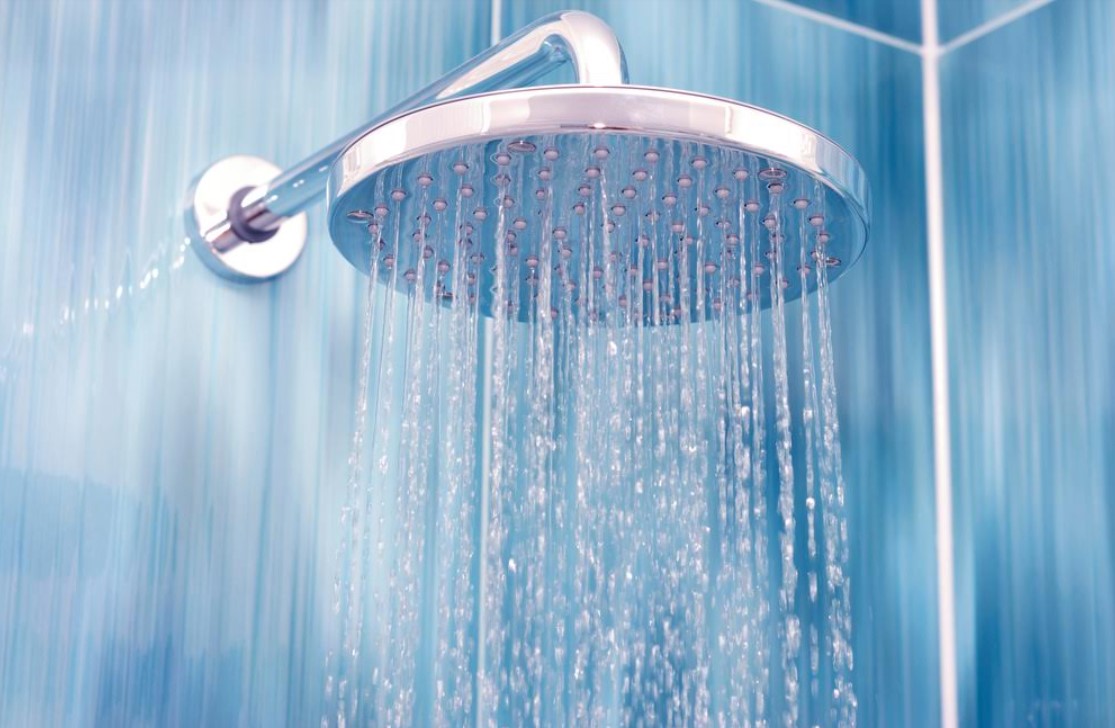
By now, most of us are familiar with smart technology of one kind or another. Many of us have a smartphone, and the advent of the smart home and the connected “internet-of-things” has made many of us familiar with the concept of smart home appliances, even if most of us don’t have this technology yet.
Furthermore, many of the older products that we have been familiar with for years are becoming smart. Take the USB C-type rechargeable AA and AAA batteries, for example. These new products produced by Park City, Utah-based Pale Blue Earth are almost identical to the traditional AA and AAA household batteries of old – yet they have a highly efficient recharging system and, importantly, contain a smart battery system, which can alert the user to run time, when to recharge, and so on. This is an amazingly simple example of household smart technology, but it is the basic principle of the smart home.
Indeed, updating familiar household technology and making it smart seems to be the main area of development for smart technology. The toaster becomes the smart toaster, the fridge the smart fridge, and so on. The key idea is that this smart technology has some kind of AI involved. It can be as simple as the battery management system of the Pale Blue Earth batteries, or it can be as complex as a fridge that can automatically order food when it gets low on stock.
Nevertheless, while it is simple enough to grasp the concept of heat that can regulate itself in relation to outdoor temperature, or an automatic vacuum cleaner that knows when the carpet has got dirty, there are some smart household objects – very much in existence – that still baffle. One of these is the smart shower.
Enter The Smart Shower
But what is a smart shower, and why would you want one? Surely you still get in and turn it on, wash yourself, then turn it off when done? Sure, this could be automated, but it is hardly so convenient if all its doing is saving you the trouble of pressing a single button when you are already there! There is no need to operate a shower remotely, for example – you need to be in the shower for it to be any use at all.
But of course, a smart shower is much more than that. But what does it do and what are the benefits?
What Does it Do?
Traditionally, you control the rate of flow and temperature in your shower with a series of knobs and levers. This works, but it isn’t very exact. A smart shower can manage the temperature much more exactly, from a digital touch pad.
In other words, you can have the temperature at an exact value, and you can even set it up to change according to the temperature of the home. It is common to have cooler showers in the summer and warmer ones and the winter, a smart shower can automate that process.
However, this still sounds a bit like an excessive luxury. But the real advantage of a smart shower is energy saving. A computer system can optimize temperature and flow rate to your preferences and to save water and energy. It can alert you when to turn off the shower and even let you know afterwards how much water you have actually used. This is where a smart shower becomes properly useful.
So, while it might not be the first thing you think of, a smart shower is certainly a valuable addition to your complete home automation – and it can save you money too!






